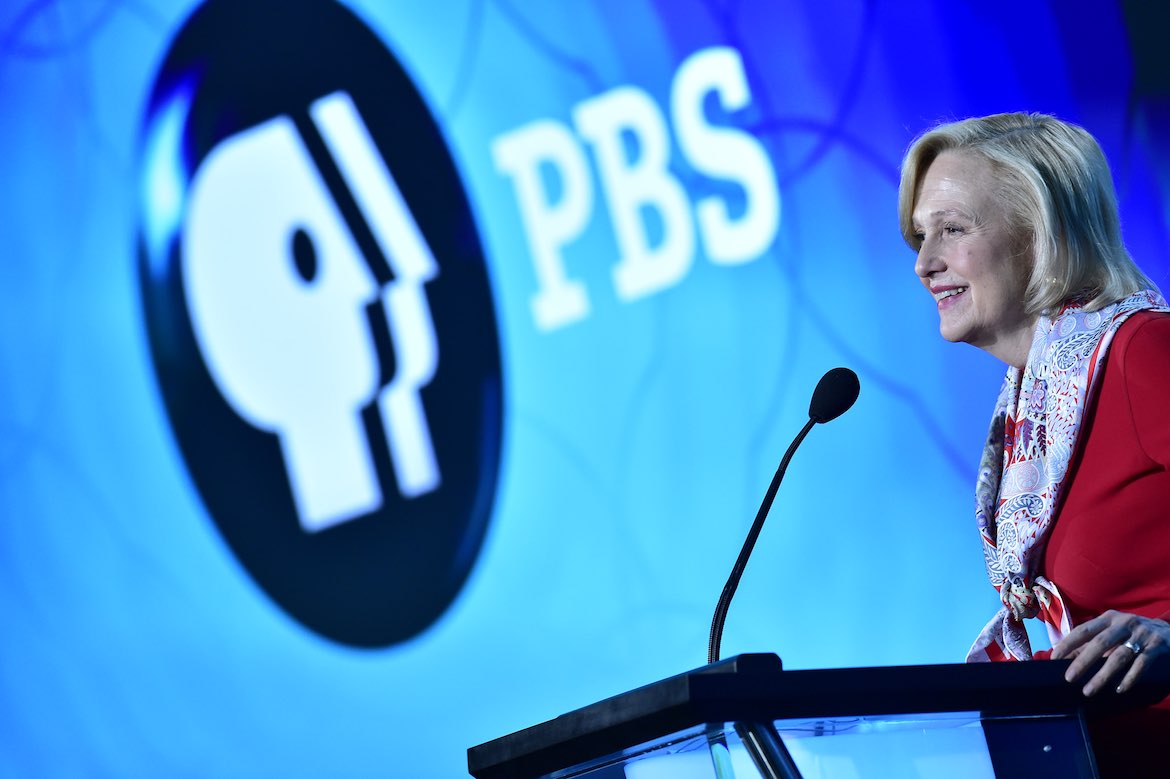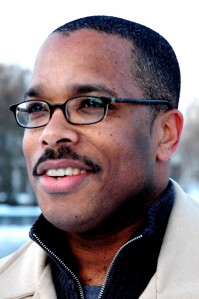Tag: Tavis Smiley
PBS countersuit against Smiley describes ‘over a dozen’ complaints of harassment
PBS said that Smiley violated the morals clause of his production contract.Smiley demands damages from PBS in lawsuit over harassment charges
In a statement, PBS called the lawsuit “meritless.”PBS president says network has tightened harassment policies, is eyeing new late-night fare
No deadline has been set for replacing Charlie Rose and Tavis Smiley, but options include retaining Christiane Amanpour's show.PRI terminates relationship with Tavis Smiley
An investigation of alleged misconduct also prompted PBS to suspend distribution of his weeknightly talk show.Walker leaves AIR for ITVS, Lapin departs Current, and other comings and goings in public ...
The Independent Television Service has hired Noland Walker, former executive editor of the Association of Independents in Radio’s Localore project, as senior ...PBS renews Tavis Smiley through 2015
PBS has renewed its commitment to Tavis Smiley for another two years, keeping the talk show on public TV through 2015. “The highlight for me is ...Tavis Smiley joins BlogTalkRadio
In fall 2012, Tavis Smiley saw a decline in station carriage for his public radio program Smiley & West, including a high-profile ...Smiley plans “Latino Nation” symposium, to “re-examine assumptions”
Public broadcaster Tavis Smiley is co-sponsoring a daylong symposium for discussion of issues of importance to the Latino community, modeled on his ...Tavis Smiley: It’s time to start walking the walk of service to minority communities
Torey Malatia’s argument against “advocacy journalism” — leveled at Smiley & West after Chicago's WBEZ carried the program for two years — is merely ...Op-ed: WBEZ’s Malatia says public media must revitalize open, civic discourse in our communities
In a pluralistic America, public media is a central resource for promoting inclusiveness in civic engagement. This misson-based role has become even ...Smiley & West lands on two Chicago stations; town hall planned with Amy Goodman
Two commercial radio stations in Chicago have picked up the weekly Smiley & West show after it was dropped from WBEZ, the city’s public ...Punditry, audience declines cost Smiley & West stations
Tavis Smiley is defending the tone and content of his weekly public radio show Smiley & West after Chicago’s WBEZ became the latest and ...‘The Tavis Smiley Show’: created for a black audience, but all are welcome
There’s a burden resting on the broad shoulders of this man who’s bopping his head to a funky beat, tongue out in a ...






